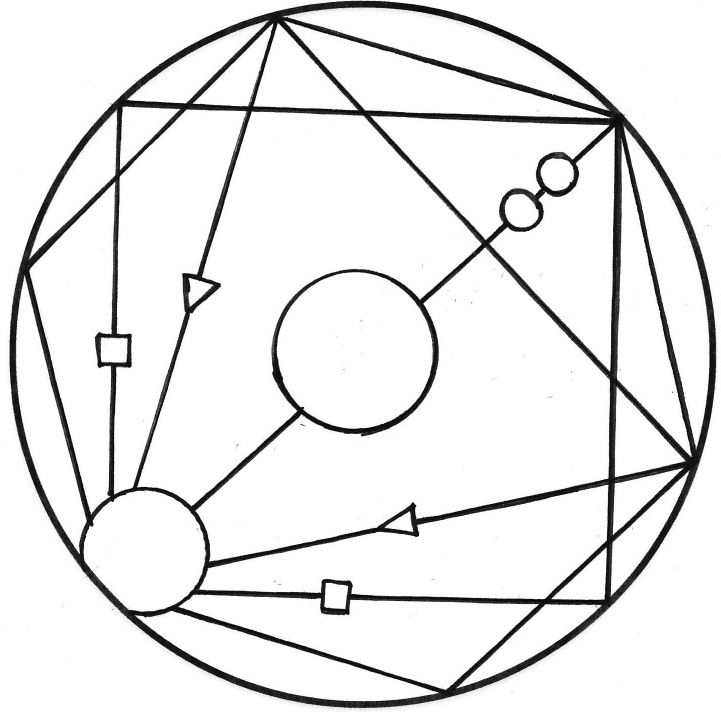La pubblicazione dell’edizione critica delle Quaestiones theologiae di Stefano Langton è in corso nella collana “Auctores Britannici Medii Aevi”, pubblicata dalla British Academy per i tipi della Oxford University Press. Sono previsti cinque volumi:
- Volume I, edited by Riccardo Quinto and Magdalena Bieniak (2014): The volume offers the first critical edition of Stephen Langton’s Quaestiones Theologiae, Book I, containing 23 Quaestiones on theological language, Trinity and God’s attributes. Each question is accompanied by a critical apparatus, extensive source notes and a separate philological introduction which explains the history of transmission and the main editorial problems of each text. The volume also contains a general introduction to the whole corpus of Langton’s Quaestiones, a presentation of philosophical and theological contents of Book I (including a chapter by E. Jennifer Ashworth) and an appendix, offering the first critical edition of a short fragment of Langton’s Summa.
- Volume II, edited by Magdalena Bieniak and Wojciech Wciórka (2021): Book III, volume 1, offers a critical edition of 24 disputed questions on Christology and faith. Each question is accompanied by a critical apparatus and source notes. The edition is preceded by an extensive analysis of Langton’s views. The volume also contains an important supplement to the study of the whole manuscript tradition of Langton’s Quaestiones Theologiae and offers the first general stemma codicum of the Quaestiones.
- Volume III, Edited by Magdalena Bieniak, Marcin Trepczyński, and Wojciech Wciórka: Book III, Volume 2, offers a critical edition of 26 disputed questions on virtues. Each question is accompanied by a critical apparatus and source notes. This edition is preceded by an extensive analysis of Langton’s theories of love and fear. Most of the questions in this volume revolve around Langton’s concept of charity or love (caritas), understood as a gratuitous virtue, which is the foundation of moral perfection, merit, and salvation.

